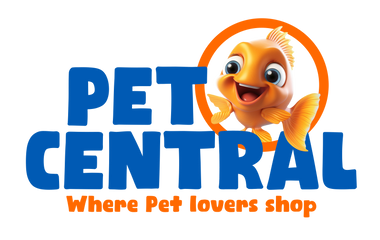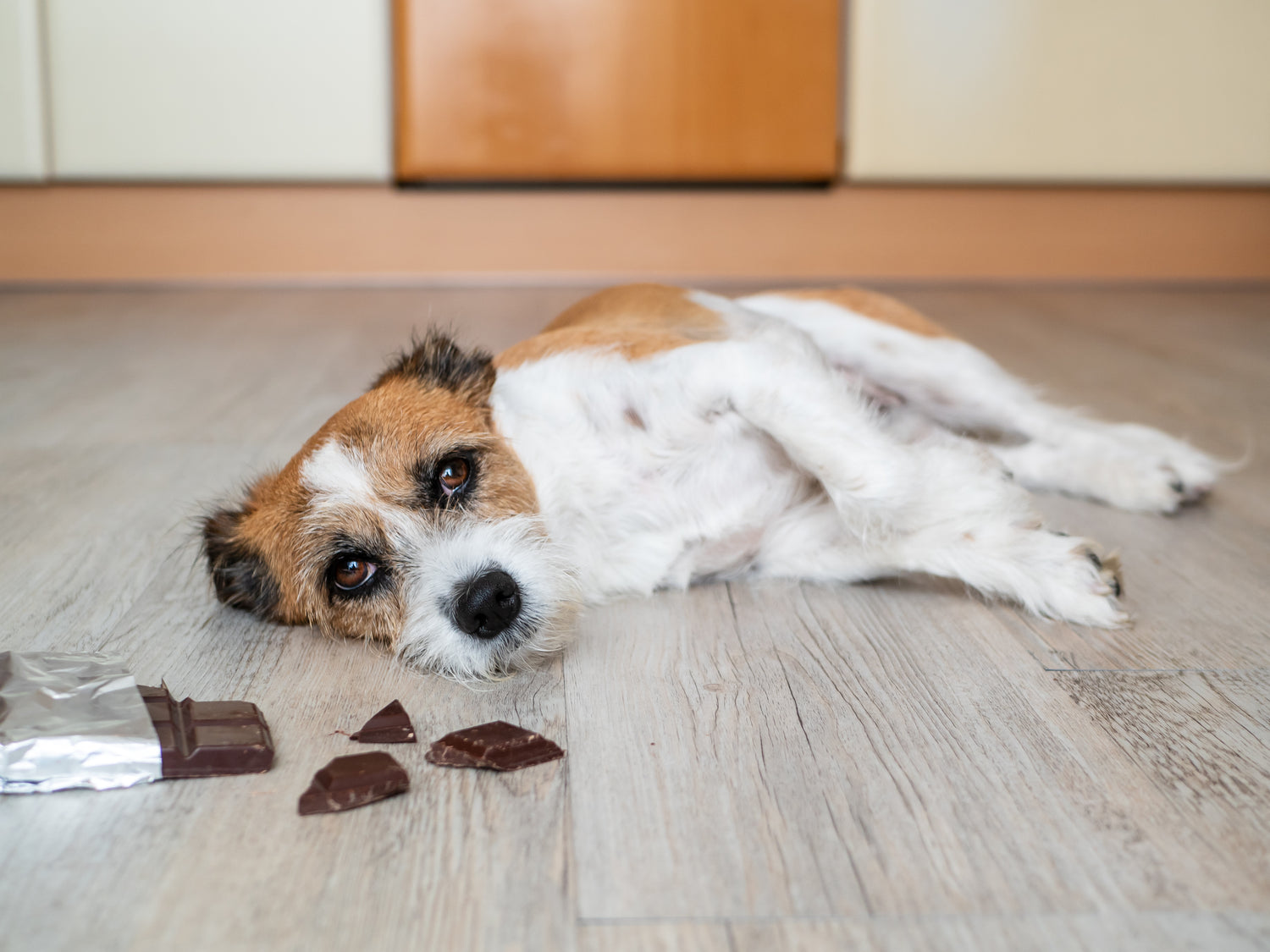Poisoning is a leading cause of injury and death among cats and dogs; therefore, as a responsible pet owner, it is up to you to prevent your pet from ingesting or being exposed to poison. It is also up to you to learn the symptoms of poisoning so that you can detect an emergency and seek help immediately.
What is toxic to dogs and cats?

Xylitol:
Xylitol is a sweetener in everyday foods such as lollies, mints, desserts, pancake syrups, and baked goods. This compound is highly toxic to dogs and can cause liver failure and a life-threatening drop in blood sugar levels. Peanut butter is a tasty dog snack, but look out for brands containing Xylitol. Always read the food labels and watch out for ‘sugar-free’ and ‘natural sweeteners’.
Common human foods:
Just because it is safe for a human does not mean it is safe for your pet. Animals have different digestive systems and break food down differently, which means that something we always eat might be fatal to them. Coffee beans, grapes and raisins, onions, alcohol, macadamia nuts and avocados are some examples of human food toxic to dogs.
Human medications:
Prescription or over-the-counter medications, vitamins, and supplements can poison pets when ingested. NSAIDs (anti-inflammatories), acetaminophen (paracetamol, cold medicines), and antidepressants can cause extreme harm if swallowed. NSAIDs can cause severe stomach and intestinal ulcers and even kidney failure. Acetaminophen is severely toxic to cats and dogs, limiting their oxygen capacity and causing liver failure. Antidepressants can cause neurological issues such as sedation, incoordination, agitation, seizures and tremors. Make sure that your medications are locked away and out of reach from your pets.
Flowers:
Certain lilies, such as daylilies, tiger, Asiatic, easter and Japanese, are poisonous for cats. Ingesting a few petals, leaves, or even pollen can result in serve kidney failure.
Chocolate:
Consuming chocolate can result in vomiting, diarrhoea, hyperactivity, abnormal heart rhythm, seizures and maybe even death. The darker the chocolate, the more toxic it is to your pet, so make sure your chocolate stays hidden this Easter.
Fertilisers:
Many fertilisers cause gastrointestinal problems. However, some fertilisers contain organophosphates and carbamates, which are much more harmful. Your pet might not necessarily eat the fertiliser, but they tend to roll around outside and then lick themselves clean, which is how they get poisoned. When ingested, your pet might experience drooling, watery eyes, urination, defecation, seizures, difficulty breathing, fever and even death.
Pest control products:
Rodent, snail and slug baits are often used to keep pests away. These are highly toxic to pets and can be fatal if not attended to immediately. Rodent baits tend to result in blood clotting disorders, brain swelling or kidney failure. Ingesting snail and slug baits might result in severe tremors or seizures. Think twice before using pest control products and look for safer alternatives.
How to know if your cat or dog has been poisoned?
Knowing the signs and symptoms of poisoning is essential so you know what actions to take.
Here are some common symptoms to look out for.

What to do when your cat or dog has been poisoned?
If you have seen your pet digest something poisonous, you must take immediate action. Work out how much your pet has ingested and keep food/product labels to show the vet. Don’t try making your dog vomit unless you have spoken to a vet and been advised to do so.
The NZ Animal Poisons helpline provides a free service for all NZ pet owners between 11 am and 10 pm. They can be reached on 0800 869 738. Otherwise, drive your pet to your nearest vet or an emergency after-hours vet clinic.
If you are unsure if your dog has been poisoned but have noticed your pet displaying some signs of poisoning, call NZ Animals Poison’s helpline or your vet immediately. The sooner you get medical help for your dog, the better their chances of recovering are.

